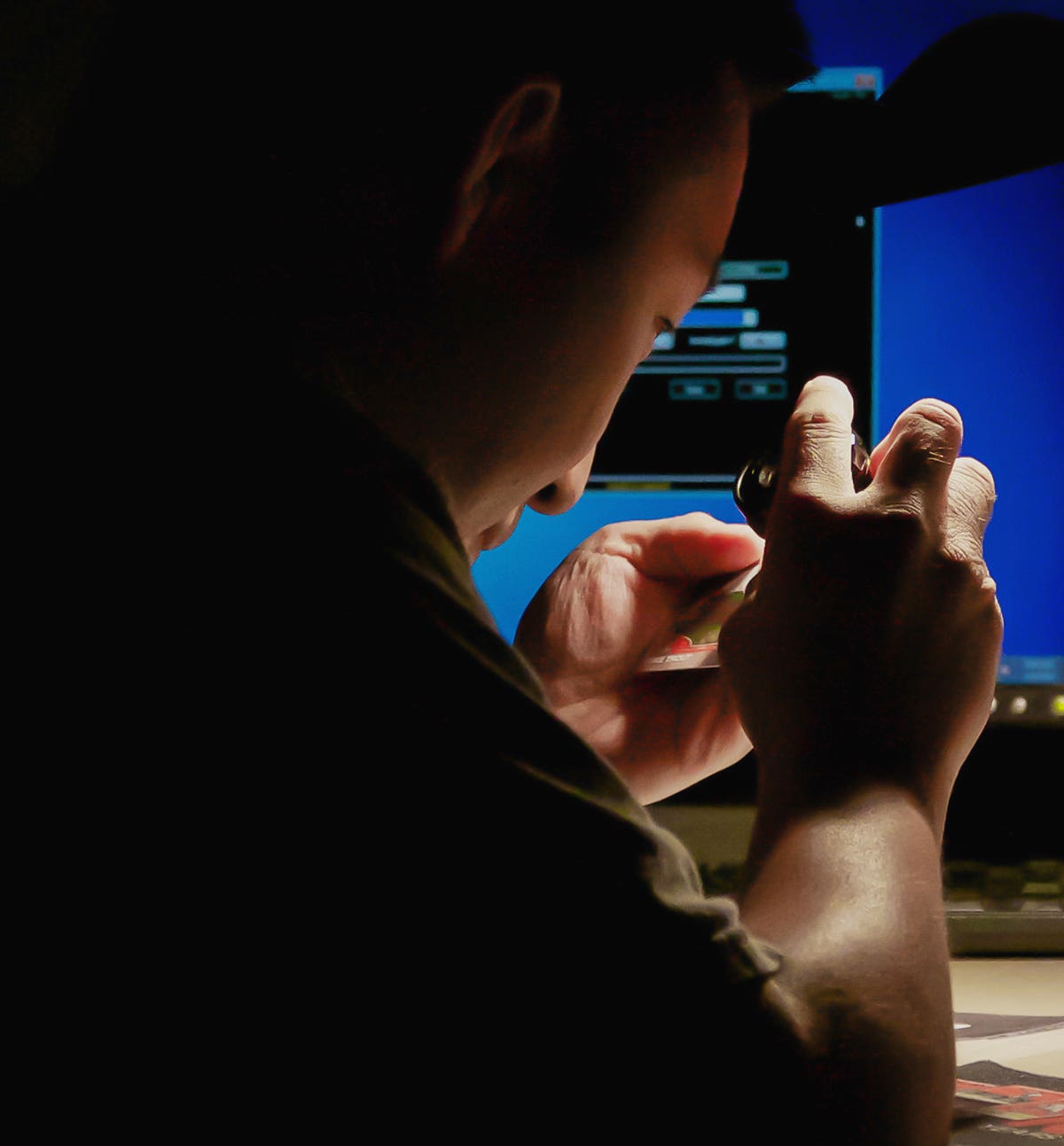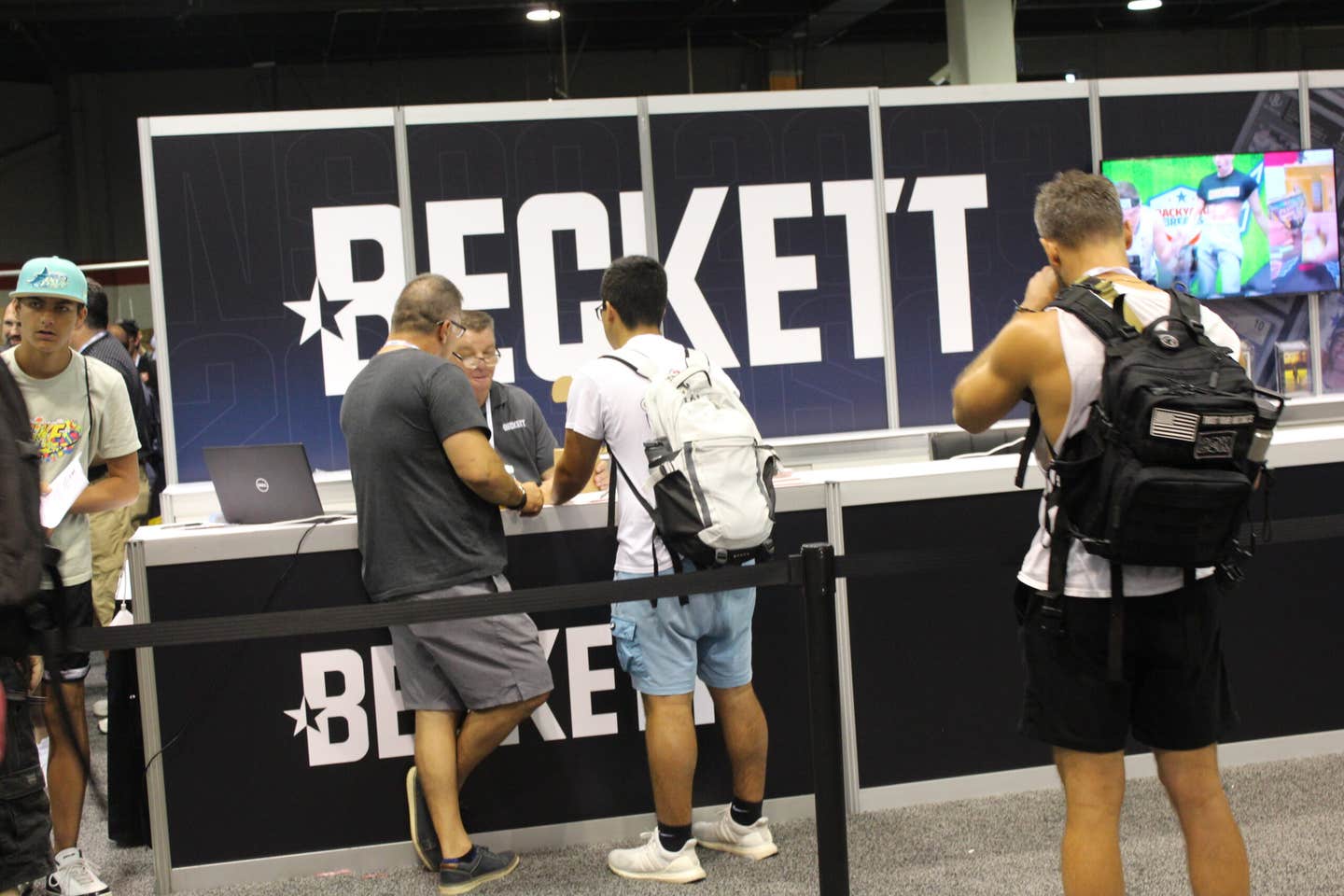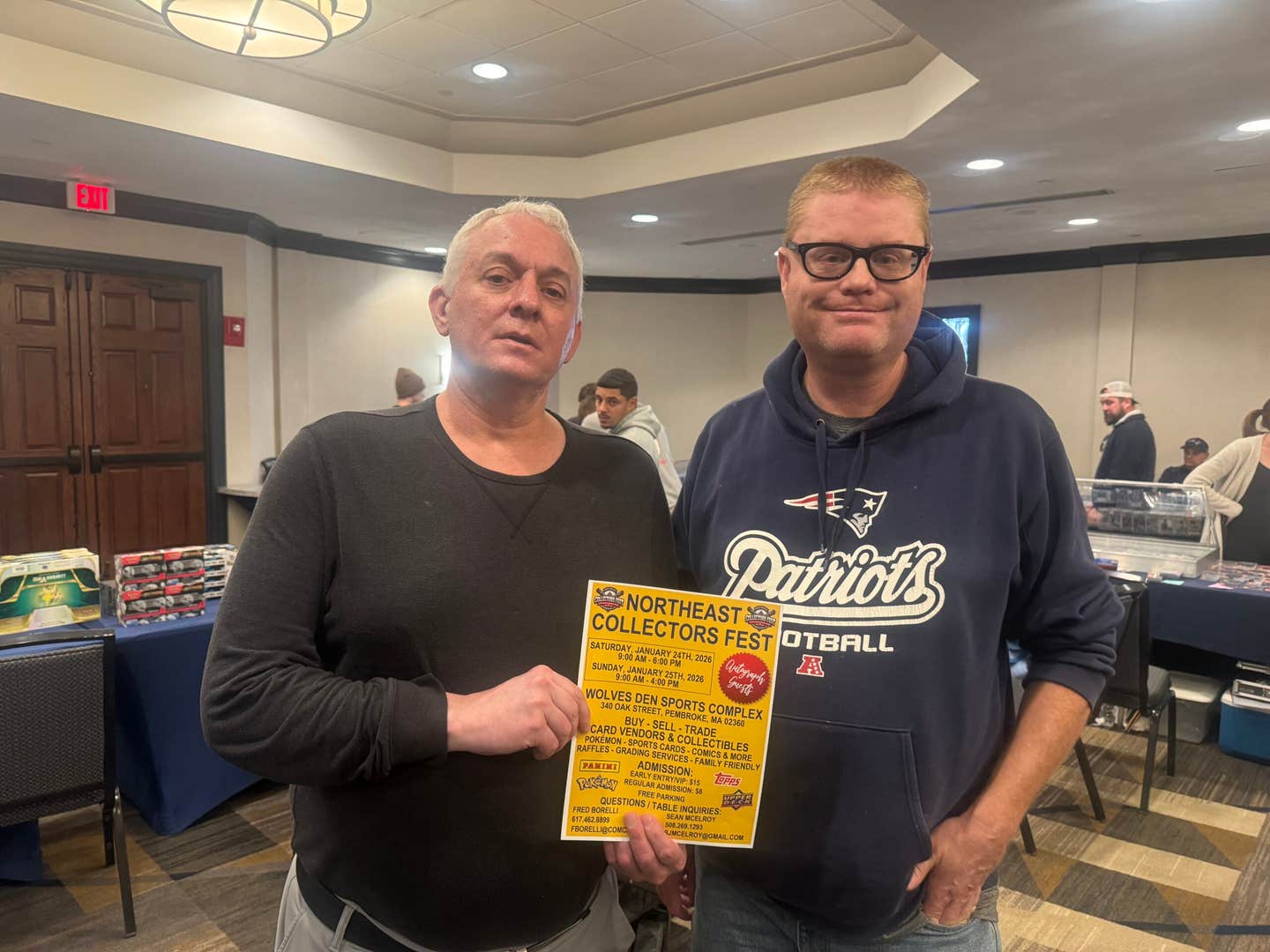News
Fleer Creditors Asked to Return Payments
It’s been three years since Fleer closed its doors and bypassed traditional bankruptcy courts in favor of a procedure known as an Assignment for the Benefit of Creditors, a process available in New Jersey which is more streamlined than traditional bankruptcy court and offers creditors a better chance of recouping a higher percentage of their claims.
Now, a number of creditors are scrambling to avoid having to repay money that was paid to them by Fleer prior to the company’s shutdown.
A New Jersey law firm representing Fleer trustee Warren Martin filed suit against 87 creditors this summer, seeking to recover payments made by Fleer in the four months prior to the filing of the ABC process. Among those on the creditor list are licensors, current and former athletes, player agents, suppliers and other vendors. The suit asks to recoup amounts ranging from more than $1 million that was paid to one of Fleer’s printers, to amounts in the $10,000-$15,000 range from athletes such as Ben Sheets, Joe Mauer, Nolan Ryan, Jermaine O’Neal and others.
Steven Mitnick, an attorney representing the firm that filed the suit, declined to comment about the case.
The suit is being filed under a clause in New Jersey’s bankruptcy law known as a Preference Action, which allows a trustee to recover creditor payments made shortly before the bankruptcy filing where the payment gave the creditor more than other creditors received in the liquidation process. In essence, the provision is designed to prevent companies from making preferred payments to some creditors, while ignoring other debts.
To avoid having to return money received by Fleer, the creditors named in the action will have to prove that payments they received from Fleer were made “in the ordinary course of business, on ordinary business terms” between the two parties and were not preferential payments.
Those familiar with the law tell SCD that Preference Actions are not uncommon, as trustees look for ways to distribute as much money as possible to all creditors. In the end, most creditors do not end up returning the full payments. However, the costs of contesting such a claim sometimes results in creditors agreeing to pay a percentage of the claim.








